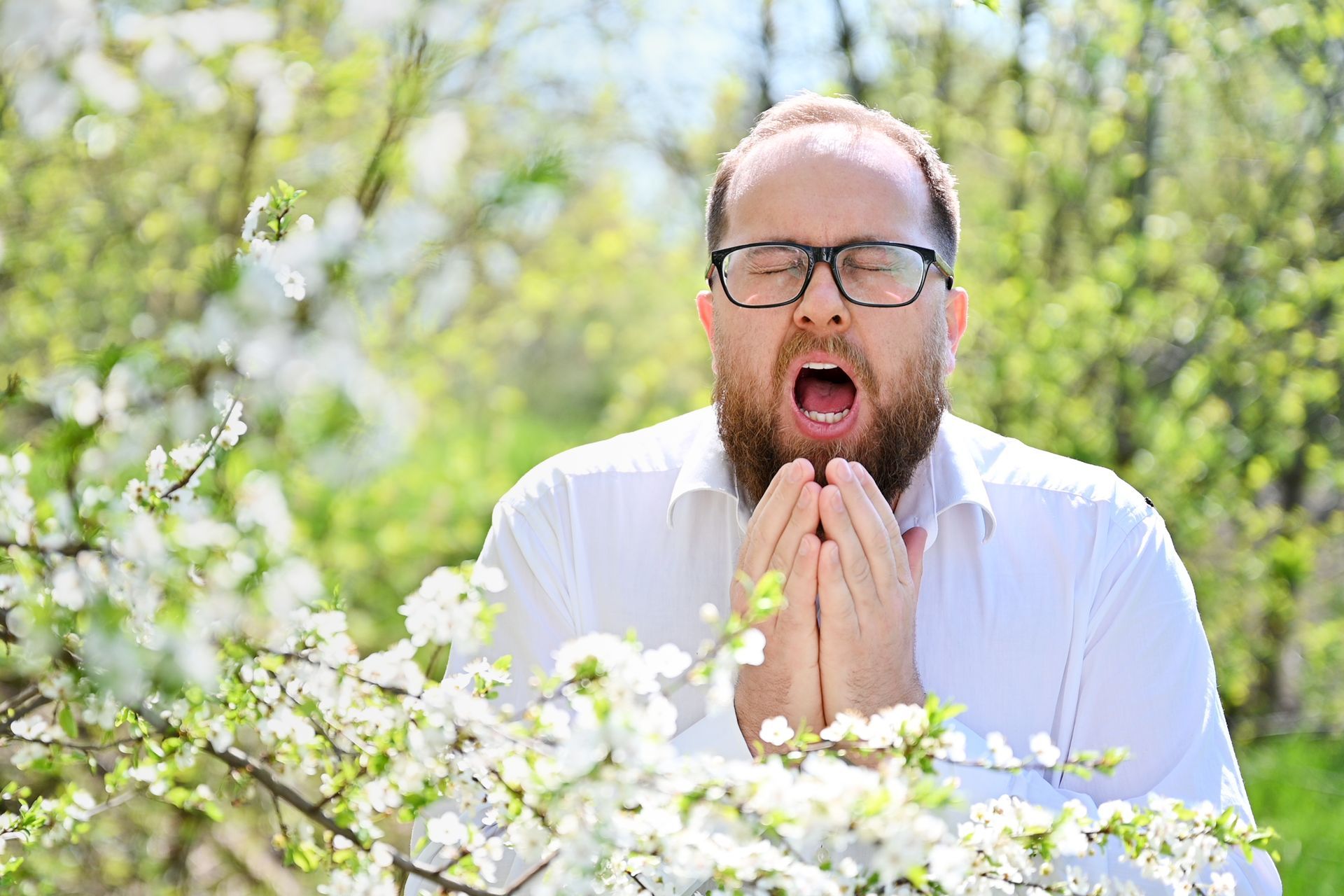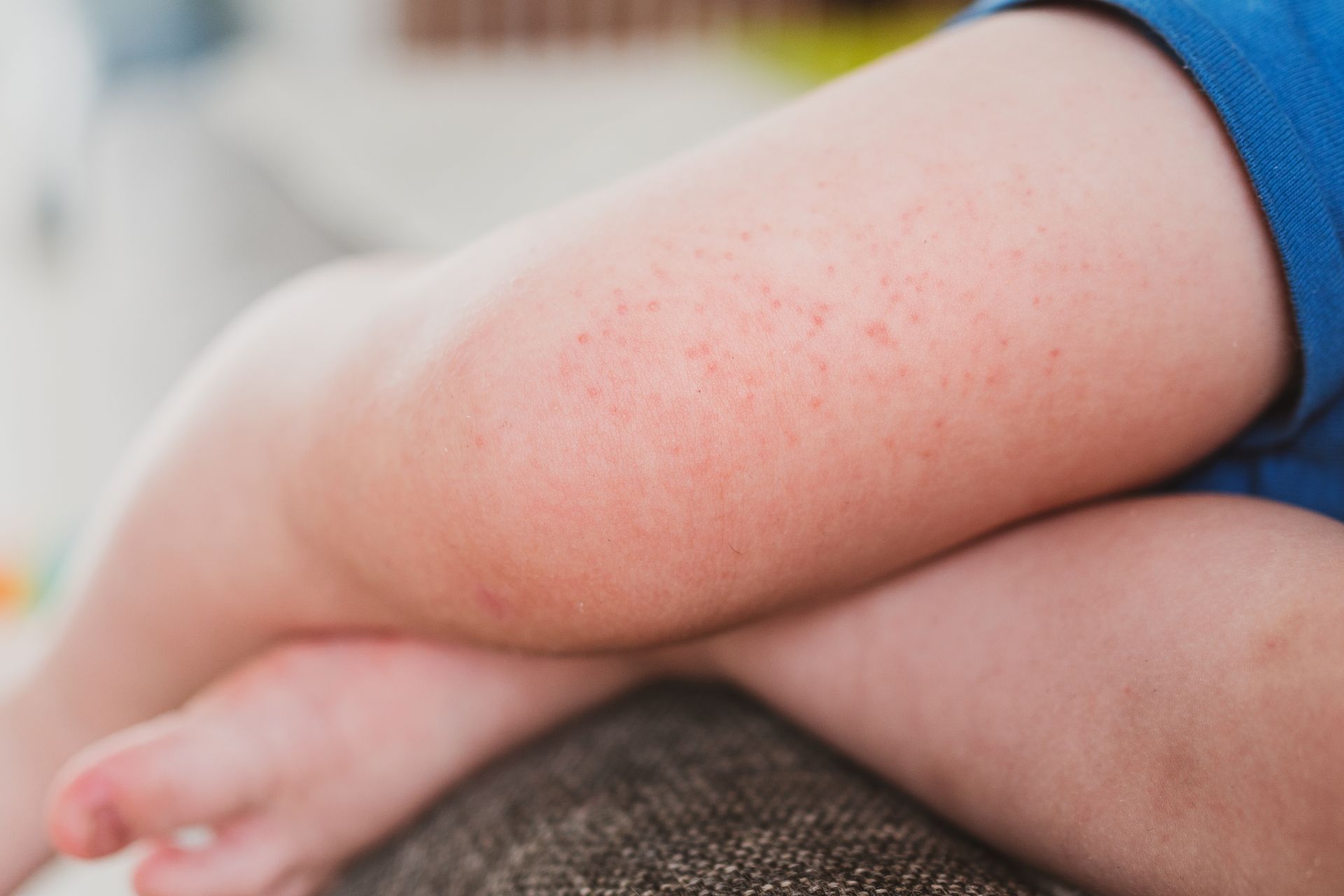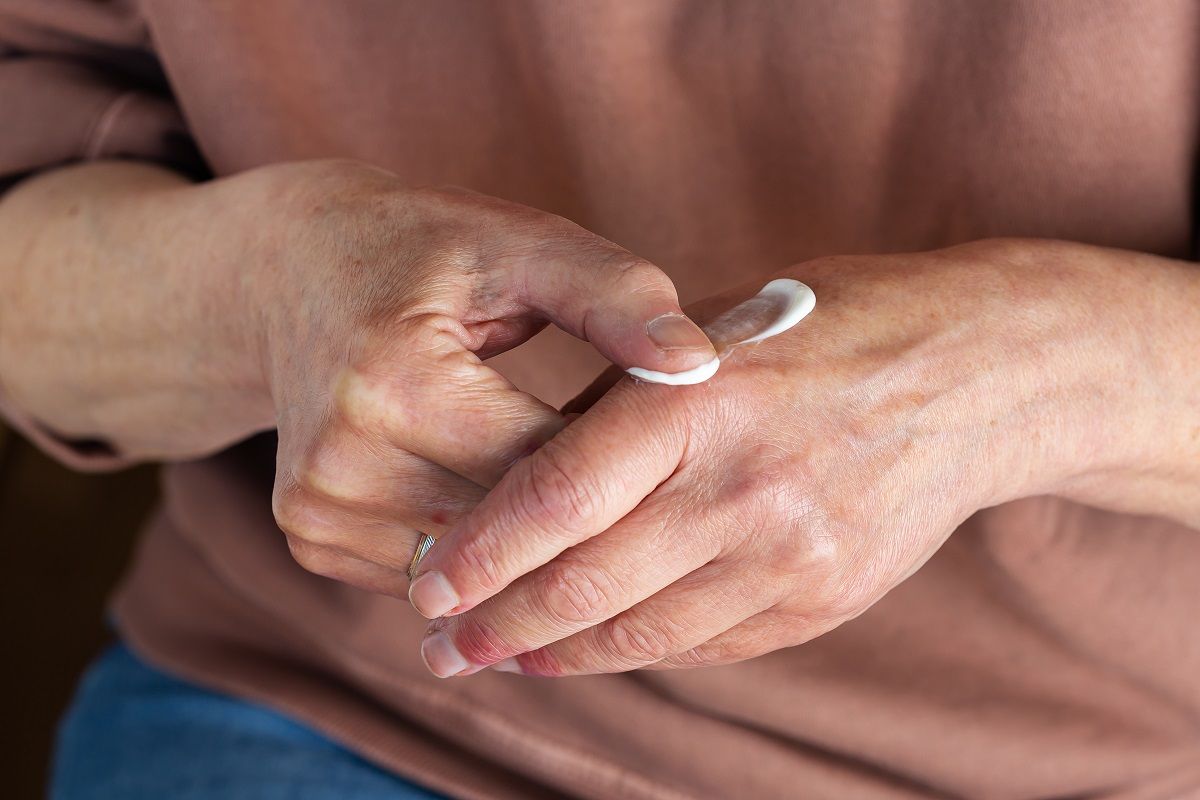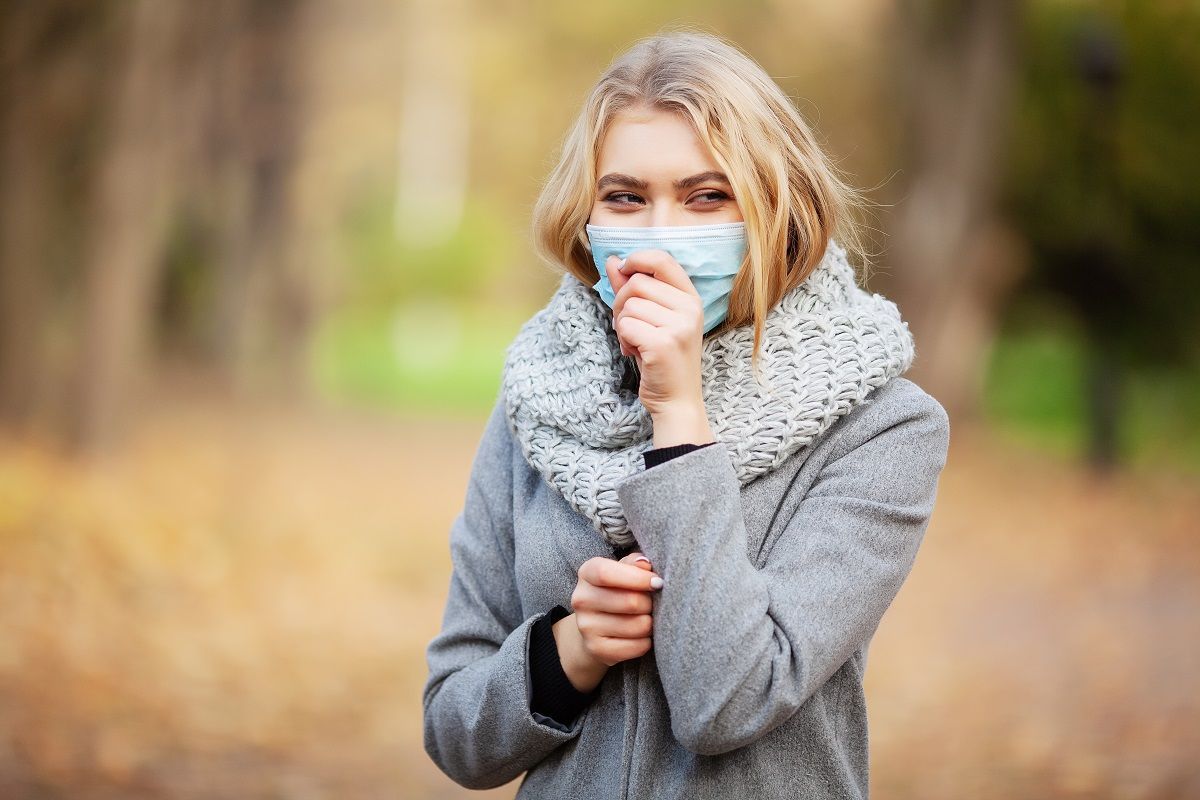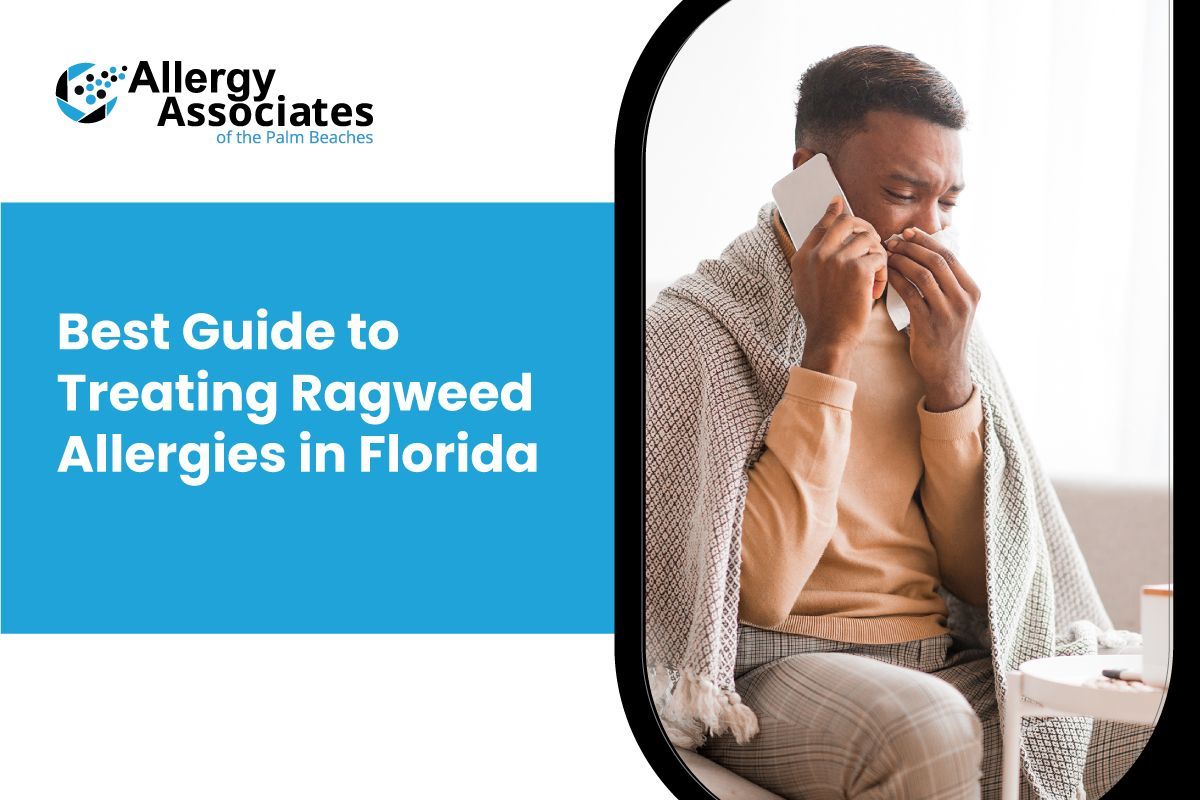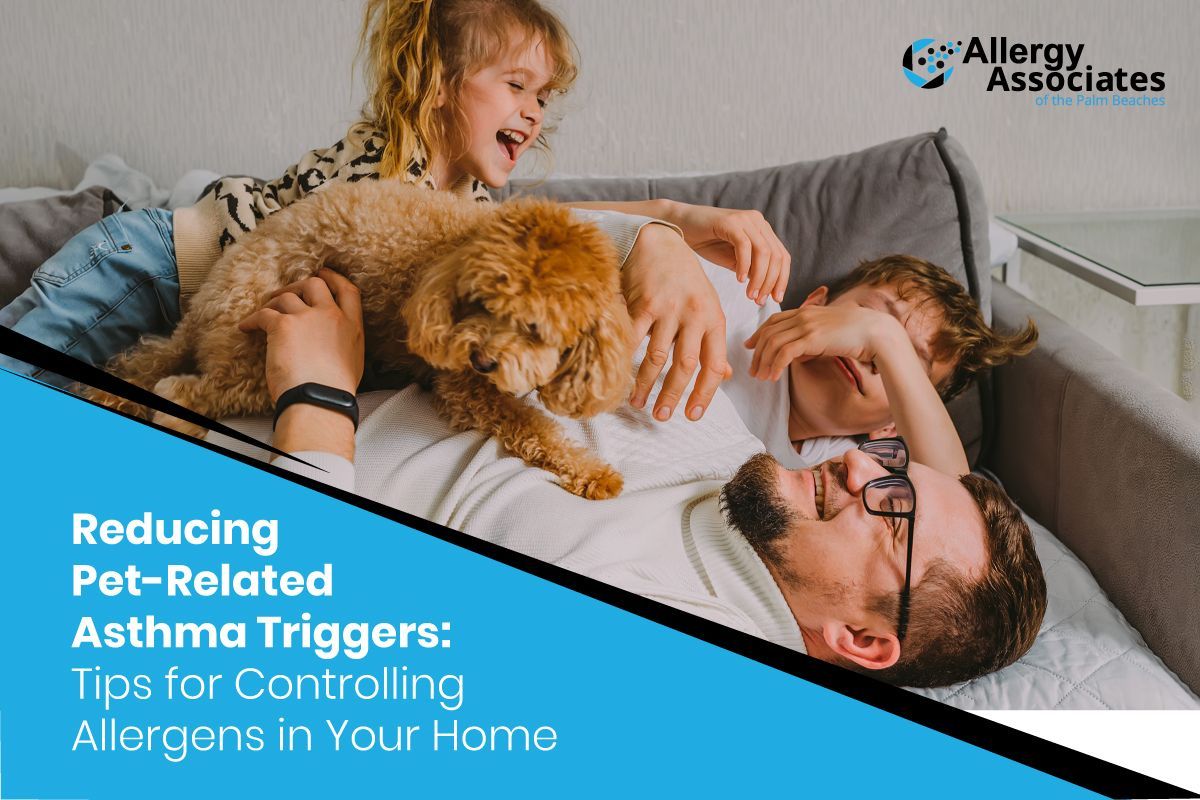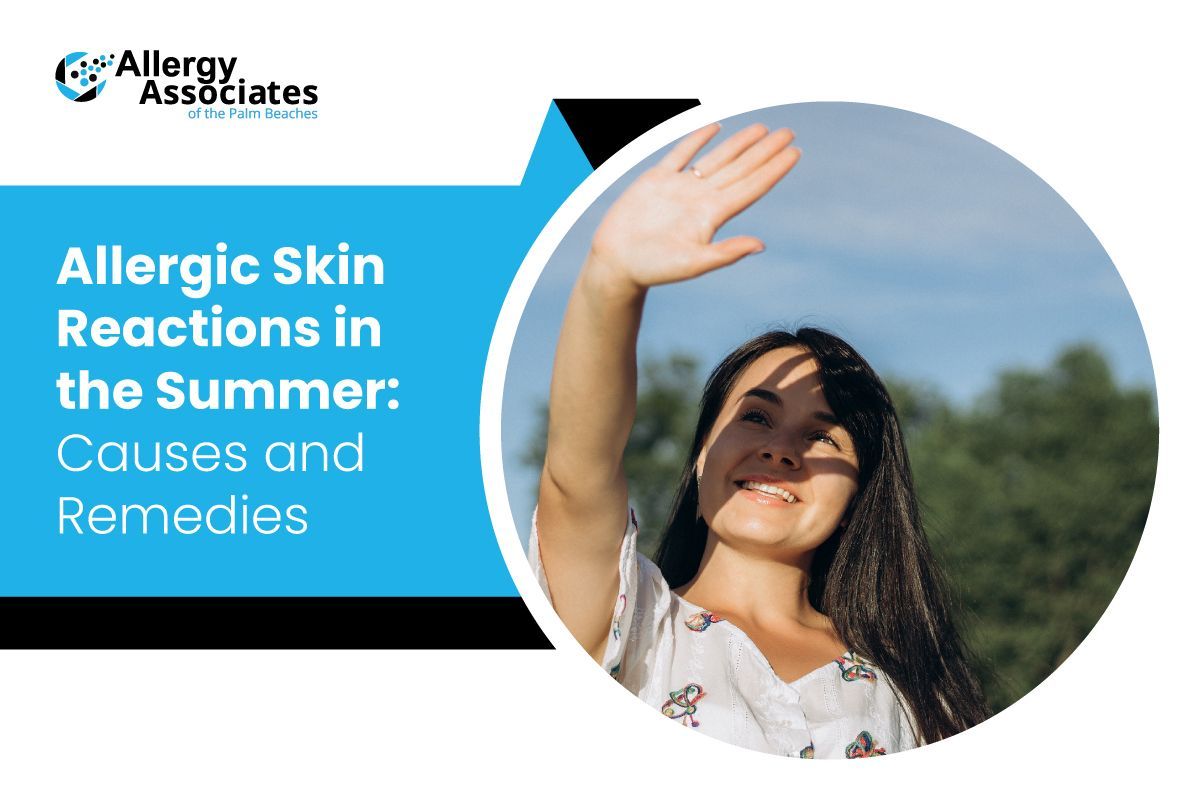
Overview
You may have experienced nose allergies one way or another. Some allergic nose symptoms include sneezing, clogged or runny nose, sinus, and ear congestion. Although nasal allergies are not fatal, they could still affect your quality of living. Some symptoms can disrupt your daily activities, like work or school performance. Moreover, you could lose precious hours of sleep.
But what is a nose allergy? What are allergy nose symptoms? Can it be treated? And can it be avoided? This article will answer these questions. We'll cover the types of nose allergies and how to deal with them efficiently. So, without further ado, let's jump in.
Understanding Nose Allergies
We all know that allergies occur when your immune system runs wild and starts attacking harmless proteins. The result often leads to adverse health reactions. The same principle happens when you are experiencing itchy nose allergies.
What are Nose Allergies?
Nose allergies are a type of allergic rhinitis. Allergic rhinitis occurs when you inhale specific pollen that you are allergic to. In addition, allergic rhinitis has 2 common types: Seasonal and Perennial.
Types of Nose Allergies
The 2 primary types of nose allergies are seasonal (occurs during certain times of the year) and perennial (present all year round). Below is an in-depth explanation of both.
Seasonal Allergic Rhinitis
What is hay fever? Seasonal allergic rhinitis - better known as "hay fever." Contrary to the name, individuals with allergic rhinitis do not have "fevers." Hay fever allergy typically occurs when trees, ragweed, and grass produce pollen. People with seasonal allergic rhinitis should be mindful of their environment during the spring and fall seasons.
Symptoms of Seasonal Allergic Rhinitis
Below are the common symptoms of seasonal allergic rhinitis.
- Cough
- Sneezing
- Itchy, red, and watery eyes
- Itchy nose
- Runny or blocked nose
- The roof of your mouth being itchy
These symptoms occur within minutes of exposure to allergens. The severity differs from one case to another. Some may experience mild symptoms that go away naturally, while others worsen and become chronic.
Treatment for Seasonal Allergic Rhinitis
How to stop an itchy nose? You can treat and manage seasonal allergic rhinitis at home. Here are some of the best examples:
- Antihistamines
- Decongestants
- Saline nasal sprays
Self-medication is OK. However, consulting an allergist is always your best bet. Doctors can offer accurate diagnoses and the appropriate treatment method.
Perennial Allergic Rhinitis
Unlike seasonal allergic rhinitis, where symptoms occur during specific times of the year, perennial allergic rhinitis symptoms could last the entire year. The leading causes are allergens inside the house like dust mites, mold spores, or animal danders.
Symptoms of Perennial Allergic Rhinitis
Here are the common symptoms of perennial allergic rhinitis
- Itchy nose, mouth, or eyes
- Fatigue
- Puffy eyelids
- "Popping" or crackling ears
- Poor concentration and focus
- Cough (especially in the evening) caused by drainage from the nose going down the back of the throat
- Excessive sneezing
- Red, watery, itchy eyes
- Headaches
- Nasal congestion or runny nose
- Mild loss of smell
- Dark circles under the eyes
- Mouth-breathing or snoring
Treatment for Perennial Allergic Rhinitis
The treatment for seasonal allergic rhinitis works with perennial rhinitis too. Here are the examples.
- Antihistamines
- Decongestants
- Saline nasal sprays
- Corticosteroids
Aside from these anti-allergy drugs, there are other ways to reduce the symptoms. Below is a compiled data of some of the best management tips.
Dust Mites
These tiny crawlers are invisible to the naked eye, making them impossible to avoid. Your best way to reduce contact is to clean your household fabrics regularly. Dust mites dwell in bedsheets, pillowcases, blankets, and so on. Cleaning these fabrics eliminates dust mites and prevents their multiplication.
Mold Spores
Mold spores grow in the dark corners of your house. The best way to prevent them from triggering an allergic reaction is by eliminating them. You can use bleach, vinegar, or baking soda to kill them off. Make cleaning your house a regular habit.
Animal Danders
We all love pets. However, they leave dander in their wake, which could trigger an allergic reaction. Try to keep your bedroom off-limits to pets and minimize contact. Wash your hands thoroughly after petting them. If the symptoms worsen, consider finding a new home for your pet.
Nose Allergies Management Tips
Allergic rhinitis treatment is not limited to what we've discussed above. Here are some tips that could help you with your rhinitis.
Consider Buying an Air Dehumidifier
A dehumidifier makes the air drier. It prevents the growth of molds inside the house. What's more, they eliminate dust mites too.
Keep Your Doors and Windows Closed
Keeping your doors and windows, especially at night, minimizes pollen exposure. In addition, learning your local pollen count increases your overall protection from nose allergies.
When to See A Doctor
The best time to consult your doctor is when the symptoms don't go away even after taking your medications. Like what we mentioned earlier, there's nothing wrong with self-medication. However, you may not be doing it right. Identifying signs of nose allergy early prevents complications.
Enjoy a Better Lifestyle Free of Allergies
Boosting your immune system prepares you for allergies. You'll never know when they're going to strike. But with a robust immune system, you can reduce the risks of allergic reactions and enjoy a better lifestyle.
Contact
Allergy Associates of the Palm Beaches today. We offer accurate allergy testing to provide you with the proper treatment. Our allergic rhinitis program helped many individuals enjoy an allergy-free life. Click this
link to book an appointment.
Allergy Associates of the Palm Beaches
Allergy Associates of the Palm Beaches | All Rights Reserved.


